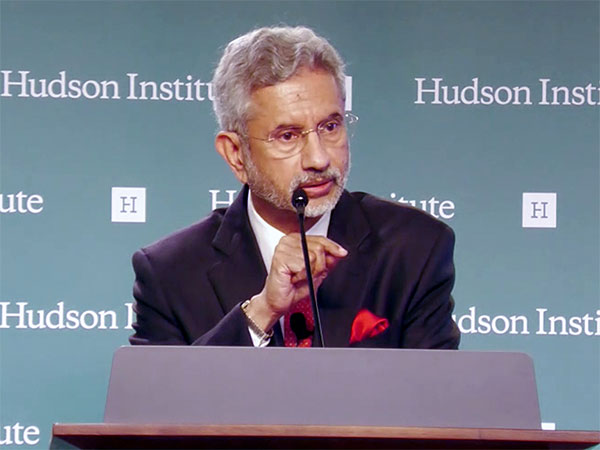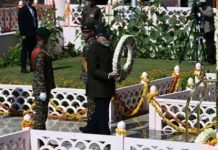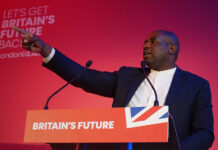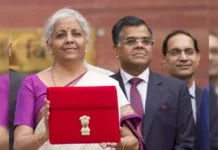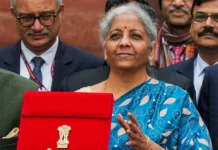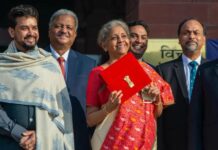NEW DELHI: External Affairs Minister S Jaishankar underscored the significance of India’s G20 presidency in the adoption of the unanimously agreed New Delhi Declaration, particularly amid global polarization on the Ukraine issue and concerns of the Global South.
In an interview with ANI, Jaishankar emphasized that India brought everyone to the table at the G20 facilitated by the existing relations each country had with India amid high speculations that member nations will fail to issue a joint statement.
“At the G20, not even 12 hours before the G20 declaration was finalized, there were people publicly predicting that we will fail. But the general expectation that relations today are so polarised on the Ukraine issue, if the concerns of the Global South have become so strong and yet being contested in a way or not being recognized duly by others,” he said.
The External Affairs Minister stated, “There was a North-South divide, there was the East-West polarisation, every country was pulling in a different direction and yet the fact was eventually we got everybody come to the table and I accept when they all came to the table, they deserve the credit. The truth is they came to the table because everybody ultimately had relations with India. The other 19 countries said that this matters for India, this is something which is right. The fact is everybody made a compromise and that is how it happened.”
When asked if India has carved a place for itself on the global stage as a ‘Vishwa Mitra’, Jaishankar mentioned India’s growing stature at the global level and said that in the last ten years, India has become relevant and visible to the world and shared his challenge of explaining to people that PM Modi cannot visit every country in the world.
Jaishankar said, “I would certainly say today if you look at the two hundred-odd countries. If you say where is India in their awareness, in their consciousness. I would say in the last ten years we are very much deeper and stronger in that regard. If you say how many of them feel something has happened in India which is relevant to them. Yes, those numbers have grown. We are seen more relevant, we are more visible, we are seen as influencing many more outcomes.”
He added, “Many more leaders want to come to India. One of my big challenges as a foreign minister is really to explain why the prime minister cannot visit every country in the world every year, everybody wants him to come.”
Jaishankar also mentioned PM Modi’s chemistry with other world leaders and how much the other leaders admire him.
“India is growing, our interests are growing. That means we need to be much more active and much more engaging and there must be that kind of connect because at the end of the day you know leaders do, a large part of policy making is derived from judgement that a system, a system’s leaders make. If I have not even spoken to you, you know how I am going to influence your judgement,” he said.
He added, “If you see the last decade, to me one great I would say advantage, a tail wind I have had as a Foreign Secretary and now as an EAM is the fact that in many countries, when you go there, the fact that the President or the Prime Minister, they know Prime Minister Modi, they admire him, they have spoken to him, they have discussed something, they have done something.”
Jaishankar also referred to US President Joe Biden’s conversation with PM Modi in which Biden asked PM Modi about his increasing popularity in the country.
He said, “There was that example which was captured by the cameras where President Biden is telling PM Modi saying you have 70 something per cent approval rate. So, how do you do it. So, I think other politicians you know like in any competitive profession, they look to see okay what does the, how is the peer fairing. So, for them the fact that the you know a Prime Minister is doing well in the country, doing well could be an election result, doing well could be 7.7 per cent growth rate, doing well could be handling COVID, doing well could be deploying 5G. They make such judgements.”
The G20 summit led to the consolidation of a comprehensive framework with the objective of fostering enhanced collaboration among the G20 member nations, the European Union, and the African Union, which was formally inducted into the bloc at the New Delhi summit.
The big-ticket event, for which the national capital was decked up over days, was held at the state-of-the-art Bharat Mandapam at the Pragati Maidan.
The New Delhi Declaration was adopted unanimously, the opening day of the 18th G20 Leaders’ Summit with complete approval from China and Russia.
India took over the G20 presidency on December 1 last year at the summit in Bali and will continue to hold the mantle till the end of November.
India’s theme for the G20 Presidency was ‘Vasudhaiva Kutumbakam’, which translates to ‘One Earth One Family One Future’. (ANI)
Also Read: Leaving no one behind is G20 legacy: PM Modi pens editorial

